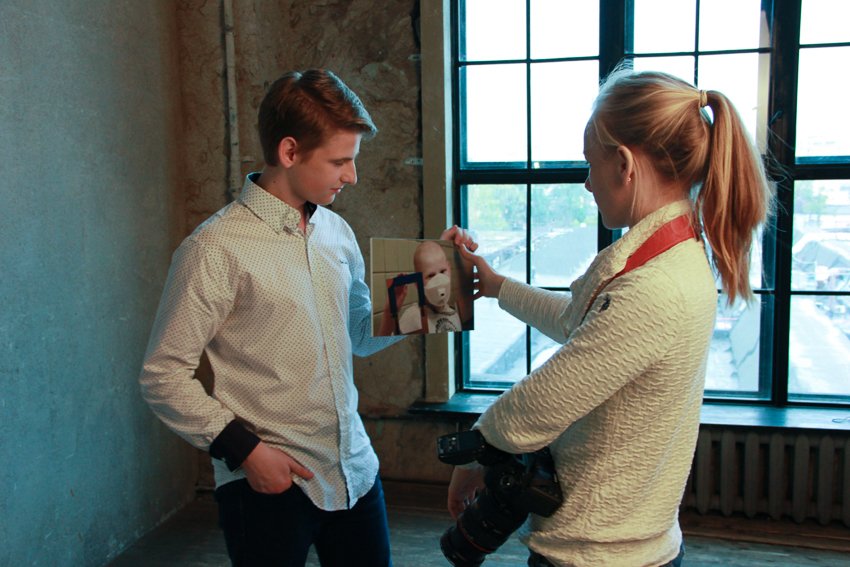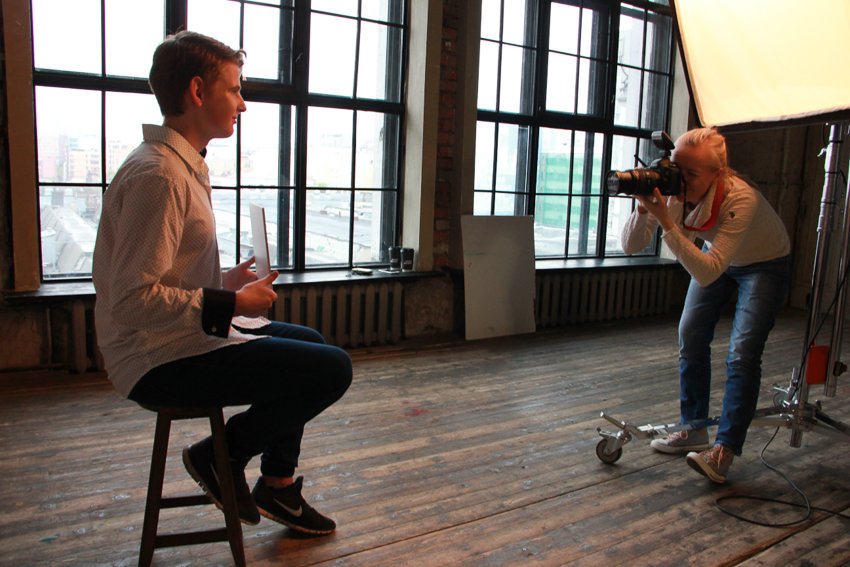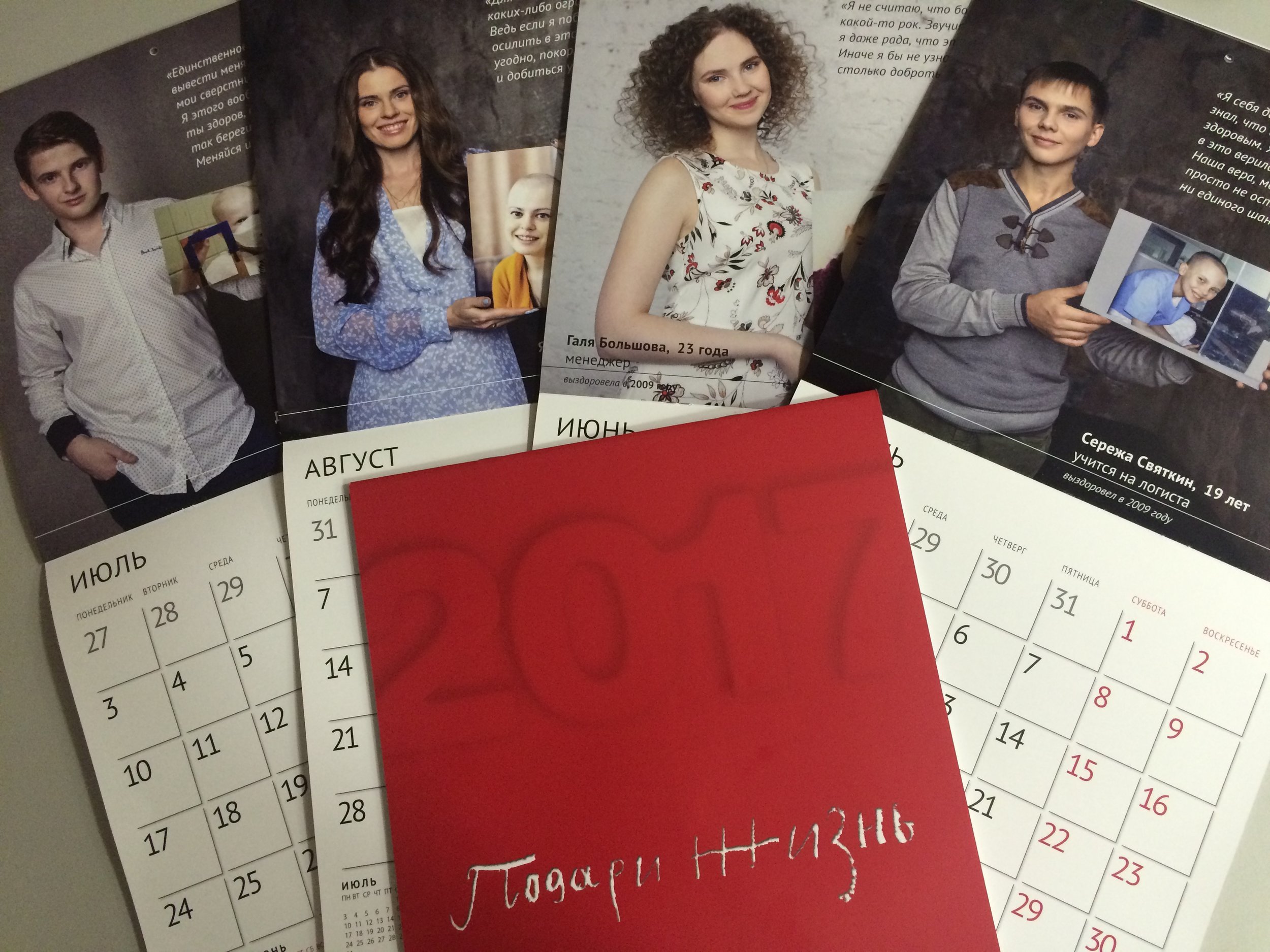Life is the most important thing. Treasure it!
Dmitry Belyakov shares how he discovered his illness and opens up about the tears he shed as he realized what lay ahead. Who helped him overcome the initial shock? What does true friendship mean to him? How does he feel about his illness today? We hear it all in Dima’s frank and moving story.
How’s it going now?
Everything’s good. I’m a sophomore at the Moscow University of Technology, and I want to become a programmer. I spend all my free time studying and reading. It might sound boring—a typical “good student” life—but of course, I also make time for friends. We hang out and have fun. In that sense, my life is completely normal.
One of your friends, Artur Avetisyan, was also once supported by Podari Zhizn. Did you meet at the hospital?
That’s right. Artur and I became friends when I arrived at the rehab clinic at the Russian Children’s Clinical Hospital. It was Artur who helped pull me out of my state of shock—with his jokes, his chatter, and simply by being there. After we got better, we were both homeschooled, so we’d spend hours on Skype, talking about everything and nothing. We became true friends—not because we shared suffering, but because we truly supported each other. Even though fate brought us together under tragic circumstances, I’m grateful Artur became part of my life. He’s a real friend, and our bond was tested and proven through the hardest times.
Was it difficult to go through treatment at first?
Of course. You have to fight. Without the will to fight, without that burning desire to recover, you can’t beat this disease. I was already ten when it started, and I understood a lot. I knew I meant the world to my parents. For their sake—and for my own future—I couldn’t give up. My mom was always by my side, through the highest and lowest moments. She cheered me up when she could, and during the worst times, she was the pillow I cried into. I remember how unbearable I was when I was on hormones—moody and difficult. I’ll always be endlessly grateful to my mom for her patience and love.
You spent a long time in the hospital. Were there any bright moments too?
Yes, definitely. In fact, the good often outweighed the bad. We had a small, friendly group of kids. We’d gather in someone’s room to chat or play board games. Every game felt like we were hitting pause on reality. We forgot we were in a hospital, fighting for our lives. And the charity-organized outings really saved us from dark thoughts. Even something as simple as a trip to the cinema was a celebration. These events really help—they leave no space in your mind for thoughts like: “Another round of chemo… I’ll feel awful again... How long do I have to be hooked up to this IV?”
How did you find out about the Podari Zhizn Foundation?
My mom told me. She explained how much the foundation helps people like me. I was stunned. I thought, If there are real-life magicians, they must work there. Then volunteers started visiting my ward. That’s when I realized the foundation doesn’t just raise money for medicine—they also provide emotional support. The volunteers made life more fun. They know how to reach every child, even the most withdrawn. I was no exception.
What does “charity” mean to you?
To me, charity means help and support offered freely. It’s when people feel compassion and want to ease someone else's suffering. Some give their time and energy—like the volunteers—while others donate money. It all makes a difference.
Would you say that the Dima before the illness and the Dima after are two different people?
I don’t think so. I’m still the same person, just less carefree. People say illness makes you grow up, and it’s true. I’ve become more tolerant of others and less bothered by everyday problems. The one thing that still upsets me is when peers talk about suicide. I can’t understand it. Life is the most precious thing we have. You must never throw it away—you have to cherish it.
What would you say to the children going through treatment now?
The most important thing: don’t fixate on your illness. Distract yourself. Spend time with people. Smile. Laugh! It’s all so important. It helps you get through treatment more easily.
All the interviews for the calendar that marks Podari Zhizn 10 anniversary were prepared by Zhenya Vaneeva, who is also our cancer survivor.




